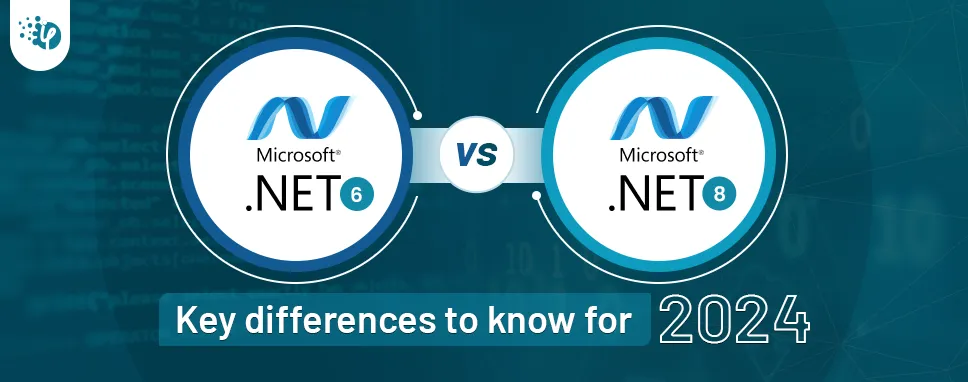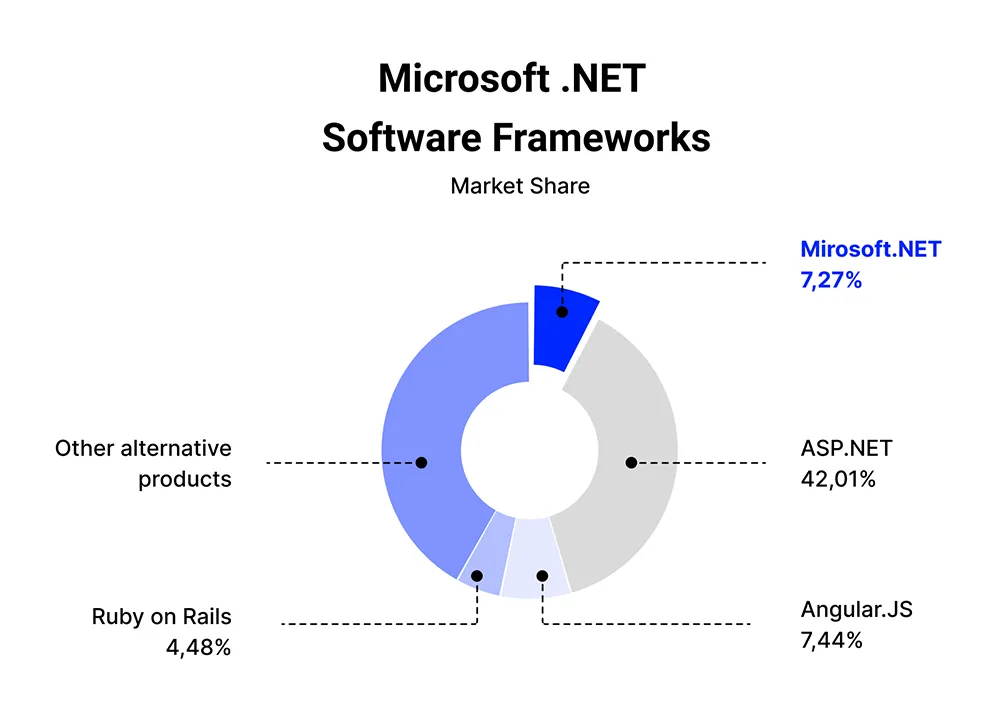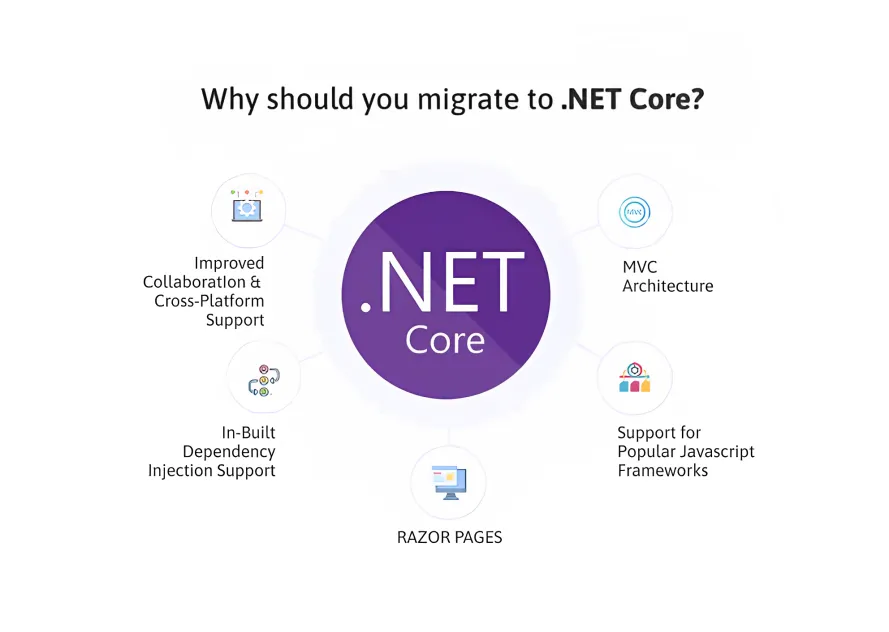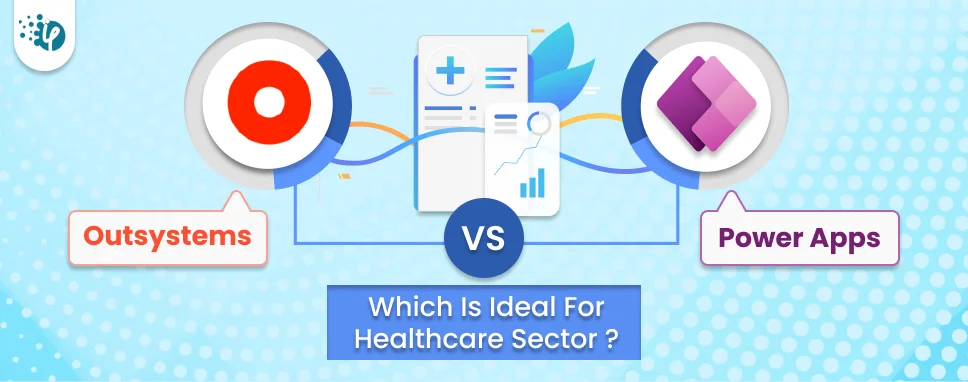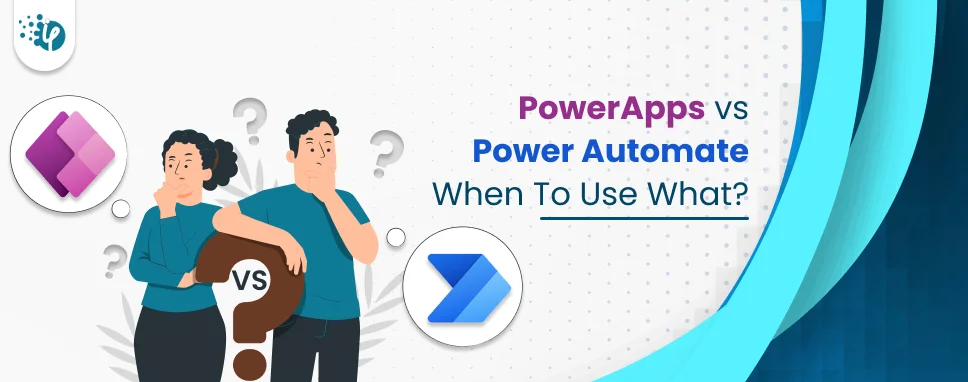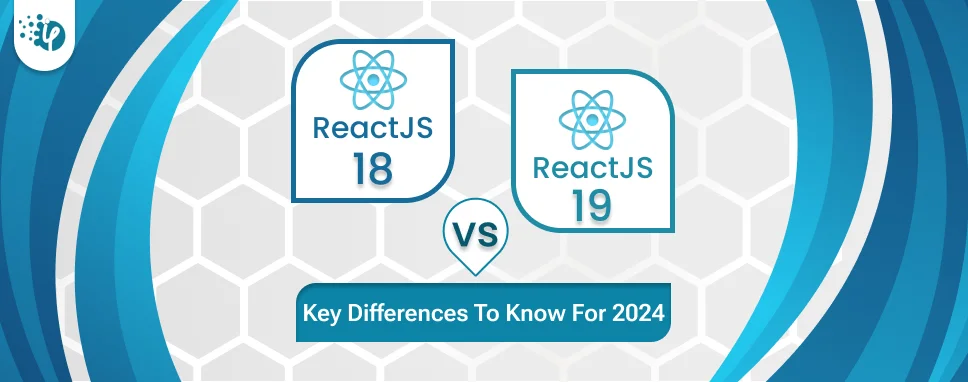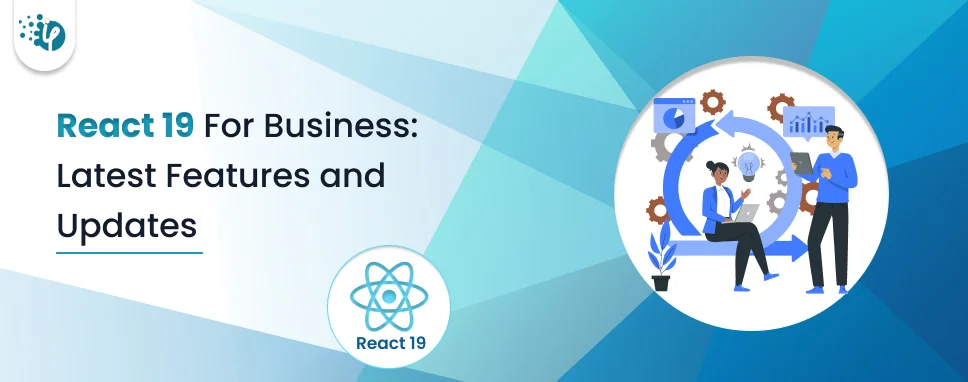The significance of .NET in today's custom software development terrain cannot be overstated. It has been a fierce competitor for several leading platforms, such as Java, Cake PHP, Express.js, and others. It has shaped how projects are developed, deployed, and maintained in the IT business industry with its terrific features and security.
Each version of .NET adds something fascinating and new to traditional development techniques. The versions .NET 6 and .NET 8 are among them. Their arrival has added another layer of relevance by enabling seamless digital experiences. Thus, understanding their differences and paradigms is essential.
Here is the blog that will walk you through the key differences between .NET 6 and .NET 8.
Comparing .NET 6 and .NET 8: An In-Depth Analysis
Microsoft began working on the DOT NET framework in the late 1990s. It has gone a long way in the IT industry and acquired great recognition with the notion of developing a platform based on so-called managed code and the code to be performed under a runtime environment. Let’s take a peek at the following figure to evaluate the relevance of Microsoft frameworks considering their market share.
When it comes to choosing the right framework for your software projects, the differences between DOT NET 6 and DOT NET 8 play a crucial role. At the heart of these differences lies a focus on performance, scalability, and developer experience. .NET 6, for instance, introduces advancements in runtime performance, resulting in faster execution times and improved resource utilization.
On the other hand, .NET 8 emphasizes language enhancements that empower developers to write cleaner, more concise code. Both frameworks bring forward compatibility considerations, making the decision between them a matter of project specifics and long-term goals.
Planning to hire dedicated .NET Core developers for your business?
Understanding the Core: ASP.NET vs ASP.NET Core
Web application development has witnessed a transformative shift with the emergence of ASP.NET Core. This lightweight and cross-platform framework has revolutionized the way developers build web applications. The difference between ASP.NET and ASP.NET Core boils down to modernization and adaptability.
ASP.NET Core is engineered to provide businesses with the advantages of a leaner, faster, and more modular architecture. The transition from ASP.NET to ASP.NET Core isn't just a technical upgrade; it's a strategic move to ensure applications align with the demands of today's digital ecosystem.
Let’s take a look at the key differences between .NET vs .NET CORE:
| Aspect | .NET | .NET CORE |
|---|---|---|
| Open source | A few of the components in .NET are open source. | It is completely open source. |
| Cross-platform | It does not support cross-platform compatibility. Just limited to Windows. | It offers cross-platform compatibility support. |
| App model support | Support both web and desktop app development. | Desktop application development is not supported here. |
| Microservices and REST services | Supports REST API services but not Microservices. | Supports both REST API services and Microservices. |
| Performance | It offers good performance but is less effective than .NET Core. | It offers impeccable performance. |
| Scalability | Less effective than ASP.NET CORE | Offers excellent scalability compared to the ASP.NET framework. |
| Android app development | Do not support mobile app development. | Supports mobile app development. |
| WCF services support | Offers WCF development services support. | It does not support WCF services. |
| CLI tools | The command line interface is quite heavy to use. | It provides lightweight CLI and editors. |
Runtime and Performance Improvements: .NET 6 vs .NET 8
In the realm of .NET software development , performance is a cornerstone. Both .NET 6 and .NET 8 have taken considerable strides in enhancing runtime performance. .NET 6 introduces features like improved Just-In-Time (JIT) compilation and enhanced garbage collection, leading to reduced execution times and resource utilization.
On the other side, .NET 8 focuses on optimizing the runtime for specific workloads, ensuring that applications can efficiently harness available resources. These performance improvements ripple across the software development lifecycle, contributing to more responsive applications and a better end-user experience.
Language Features and Productivity Boosts
The programming language landscape has a direct impact on developer productivity and code quality. .NET 6 and .NET 8 understand this, incorporating language features that simplify complex tasks and streamline development workflows. For instance, .NET 6 introduces pattern-matching enhancements, making it easier to work with structured data.
On the other hand, .NET 8 brings forward features like record types and improved pattern matching, enabling developers to write more expressive and concise code. These enhancements translate to increased efficiency, reduced error rates, and shorter development cycles, ultimately benefiting businesses seeking to deliver high-quality software on time.
Looking for a reputed Angular development company ? Your search ends here!
Modernizing Your Stack: ASP.NET Core Advantages
The digital age demands that businesses stay ahead of the curve, and ASP.NET Core emerges as a potent solution for modernizing web application development. This shift isn't merely about updating technology; it's about aligning applications with the demands of a rapidly changing landscape.
ASP.NET Core offers a leaner, more modular architecture, enabling developers to create applications that are not only faster and more efficient but also easier to maintain and scale. Its cross-platform nature is a game-changer, allowing businesses to target a wider audience across various devices and operating systems. The security enhancements in ASP.NET Core boils down to modernization and adaptability.
As businesses embark on the journey of digital transformation, embracing ASP.NET Core is a strategic step that ensures web applications are equipped to meet the challenges of the future.
Migration Strategies: Upgrading to .NET 6 and .NET 8
The path to progress often involves navigating transitions, and the journey from older .NET versions to the latest ones is no exception. Migrating to .NET 6 or .NET 8 presents opportunities and challenges that require a well-thought-out strategy. Businesses must assess their existing codebase, application architecture, and compatibility requirements.
Fortunately, the .NET community provides resources and tools to facilitate migration, such as automated code analyzers and migration guides. A phased approach, involving testing and validation at each step, can mitigate risks and ensure a smoother transition. With proper planning, businesses can harness the advantages of .NET 6 and .NET 8 without disrupting their operations, setting the stage for enhanced performance, improved security, and future scalability.
Ecosystem and Community Support
In the realm of technology, the community plays a pivotal role in innovation and knowledge exchange. Both .NET 6 and .NET 8 are backed by thriving communities and ecosystems that amplify their value. The extensive libraries, frameworks, and tools available for these frameworks empower developers to streamline development processes and accelerate project timelines. The collective knowledge of the community serves as a valuable resource, helping developers troubleshoot issues, share best practices, and explore new avenues of development.
Turn your ideas into reality with the best Java development company
The vibrancy of the .NET ecosystem ensures that businesses investing in .NET 6 and .NET 8 have access to a rich pool of resources, enabling them to create robust, high-quality applications that cater to the evolving needs of their customers.
Decision-Making for Your Business: .NET 6 or .NET 8?
In the landscape of software development, decision-making isn't just about picking one option over another; it's a strategic process that considers project objectives, technical requirements, and long-term goals. Choosing between .NET 6 and .NET 8 involves evaluating the specific features and enhancements that align with your project's needs. Consider factors such as performance improvements, language features, and ecosystem support.
Additionally, the existing codebase and any potential migration effort play a significant role in the decision-making process. It's advisable to engage with experienced .NET developers or consultants who can provide insights tailored to your business context. By making an informed decision, businesses can maximize the benefits of their chosen framework and position themselves for success in an ever-evolving technological landscape.
Read More: Is Java Still in Demand in 2023?
Future-Proofing Your Applications: ASP.NET Core Benefits
In the fast-paced realm of technology, anticipating future demands is a challenge that businesses must address head-on. This is where ASP.NET Core shines as a forward-looking solution for web application development. Its benefits go beyond the present, offering a foundation that's agile, scalable, and adaptable to changing technology trends. With cross-platform compatibility, ASP.NET Core positions businesses to embrace a diverse range of devices and platforms, ensuring their applications remain accessible to a global audience.
The focus on modularity and lightweight architecture ensures that applications can evolve with minimal friction, enabling rapid iteration and feature updates. Moreover, ASP.NET Core's enhanced security features contribute to data protection, safeguarding businesses against evolving cyber threats. By adopting ASP.NET Core, businesses lay the groundwork for applications that are not just relevant today, but resilient for the years to come.
Conclusion
In the realm of custom software development , choices are never isolated; they shape the trajectory of projects and businesses alike. This blog has shed light on the major differences between .NET 6 and .NET 8 with the dynamic interplay of features, performance enhancements, and ecosystem support for each. As businesses stand at the crossroads, it's essential to remember that the decision between these frameworks isn't binary; it's a matter of alignment with goals.
Each business's context is unique, and thus, the chosen framework should resonate with both immediate needs and long-term visions. By leveraging the strengths of .NET 6 and .NET 8, businesses can harness performance gains, modernize their codebase, and create applications that stand as pillars of innovation in the digital domain.
So ready to get started with a path that's paved with possibilities? Contact us right away!













